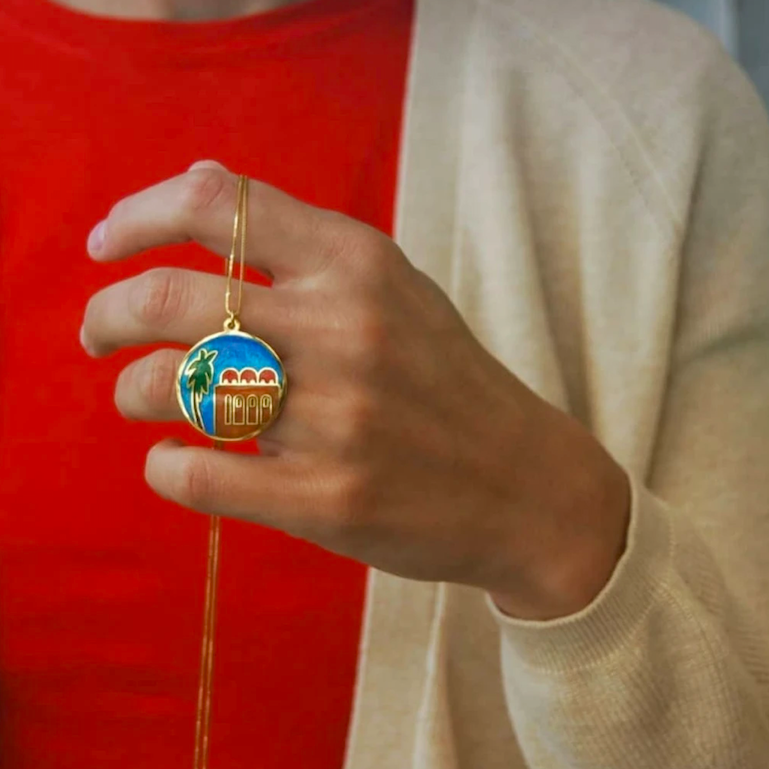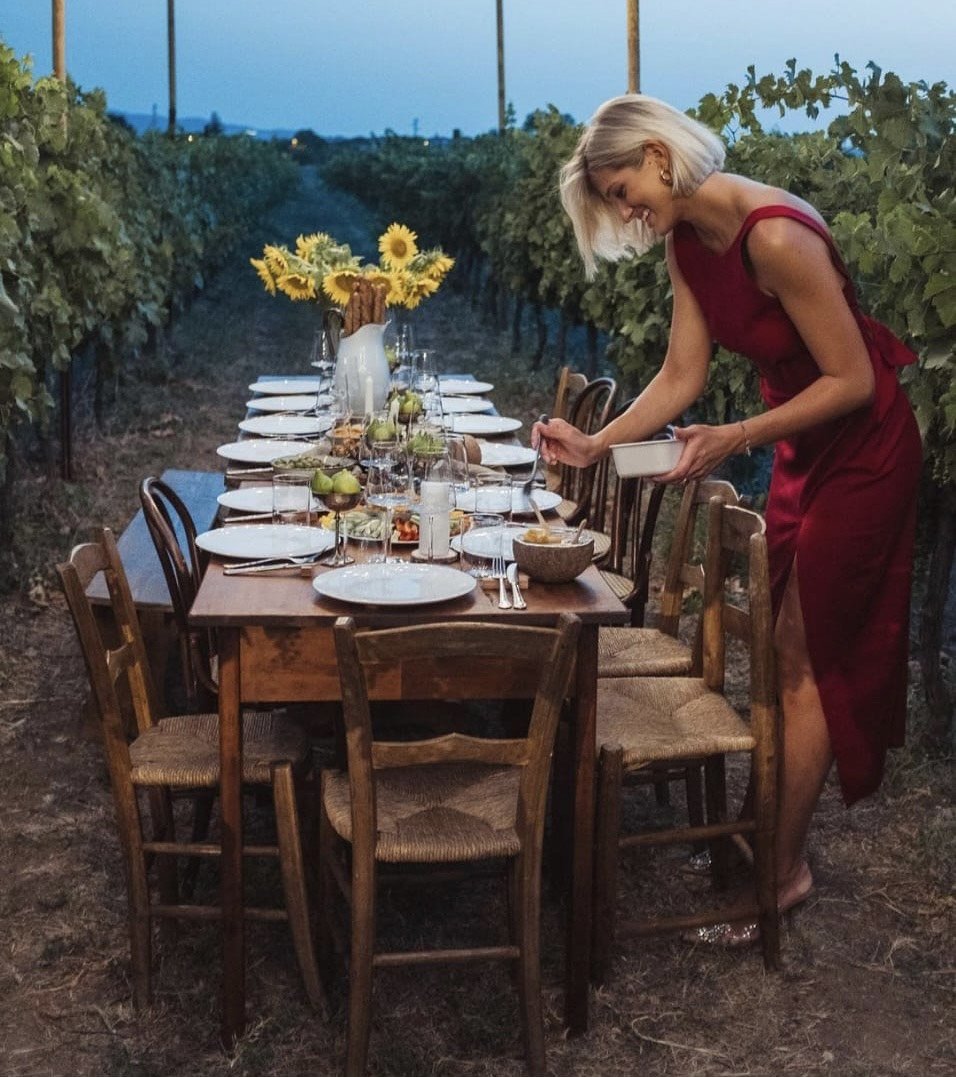INTERVIEW #97 AVALIANI
Based in: Palermo, Sicily, Italy
Founded in: 2021
Founded by: Mariam Makharadze
Stores: www.avaliani.it, shipping worldwide and physical store in Palermo
Instagram: @avaliani.it
What is Avaliani and why did you start your brand?
The idea of sustainability, related to our work and materials was there from the start. We thought it was necessary for Southern Italy to invest in this direction as the impact of plastic fibres was getting the monopoly.
What brands do you choose to work with and why?
We sell Brava, Minimum, Yerse and a few small independent brands such as Meraki that spend a lot on research, sustainability of textiles and avoiding slavery.
You have your own new collection coming up, can you please tell us more about it?
We are planning to sell clothing made from organic fabric like bananas, mulberries, roses, and aloe vera; they can all have a second beautiful life. All of them are animal-cruelty free and biodegradable and act as a great vegan alternative. The factories are located on different sides of India. Recently we had the chance to sell all over Europe organic textiles; we hope that new young designers would like to join the cause.
Where did you find inspiration for the new collection?
I’m Georgian and luckily I always had the chance to travel. I guess it is a mix of influences between the west and east and modernity.
You are based in Sicily, Italy, how far would you say that the sustainability movement has come in terms of fashion?
Unfortunately in the sustainability movement for fashion, there is a lot of work that needs to be done.
What are the major challenges?
Logistically speaking In southern Italy we don't have factories capable to create innovative fabrics from waste.
What has been and is the largest gain to have your own brand and company?
I am very happy to create every single dress I want. Dealing with high-quality items is a plus.
What do you think needs to change in the fashion industry to make it more sustainable?
Working conditions, overproduction and trying to have honest communication to avoid greenwashing.
What would you advise consumers to do who seek to create a sustainable closet and lifestyle?
Make conscious purchases both in terms of brand and textiles but also in terms of quantity.





